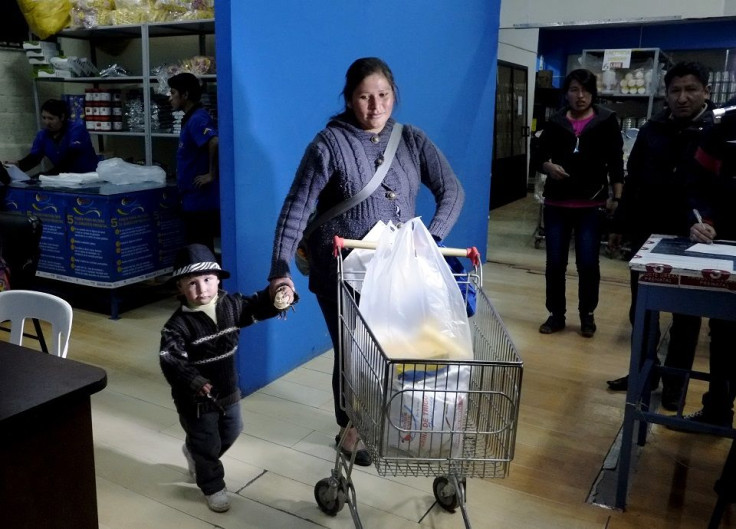WHO says single people with no known medical issue but could not be parents are considered having disability

The World Health Organisation (WHO) would redefine single people with no known medical issues and want to be parents but could not would be considered being infertile or having a disability. The redefinition would no longer treat infertility as a medical condition.
WHO used to define infertility as the inability to conceive after 12 months or more of sexual intercourse. In redefining the word, the health agency aims to provide single men and women the right to reproduce.
The Telegraph reports that WHO would disseminate the new definition to health ministers beginning 2017. The impact of the change is single aspiring parents would have the same priority as married couples who seek in vitro fertilisation (IVF) as well as equal to those who could not become pregnant for medical reasons.
As expected, because the redefinition widens the scope and includes gays and lesbians in acquiring priority in IVF treatment, the move angered certain conservative groups. One such group, Comment on Reproductive Ethics (CPE), a pro-life group, is protesting the WHO redefinition.
“This absurd nonsense is not simply re-defining infertility but completely side-lining the biological process and significance of natural intercourse between a man and a woman,” says Josephine Quintavalle, director of the CPE, Gizmodo quotes. She warns of a scenario when babies are created and grown on request completely in the lab.
However, Dr David Adamson, one of the authors of the revised definition, the change targeted medical equality in granting the right to all individuals to have a family, including single men, single women, gay men and gay women. He adds it gives an individual the right to reproduce even if they have no partners.
The change would have an impact for countries with government-provided healthcare and public funding for IVF procedures. Being a WHO directive, it sets an international legal standard which binds nations to follow the new benchmark, Gizmodo reports.






